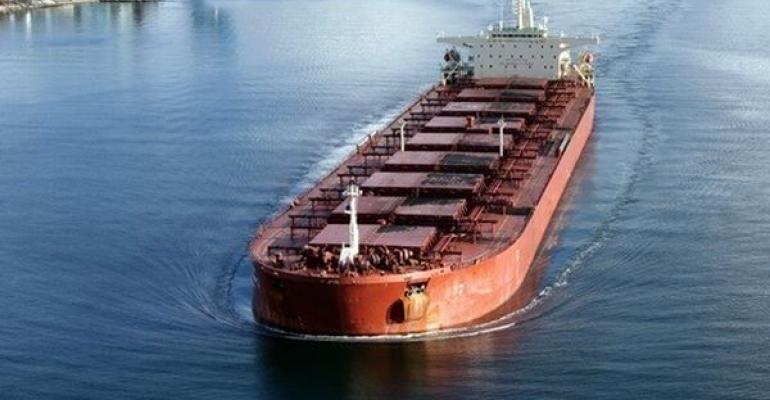At its semi-annual meeting held in Hong Kong, Intercargo noted that the association cannot ignore safety issues that are likely to arise with the important IMO 2020 regulation.
From 1 January 2020, the IMO Marpol Annex VI regulation will enforce the use of 0.5% fuel sulphur content, down from the current 3.5%.
The association said the effective and orderly implementation of the regulation rests not only with ship operators but equally with the IMO member states and with supplies such as refineries, bunker suppliers and charterers, who need to secure the worldwide availability of compliant fuels. This is a particular problem for ships in the dry bulk tramp trades, Intercargo pointed out.
“For our industry and our members, 2019 represents a year of preparation for the consumption of 0.5% m/m sulphur content fuel oil. Ship implementation plans should be in place and applied at the earliest opportunity,” said Dimitrios J. Fafalios, chairman of Intercargo.
Looking further ahead, Intercargo welcomed the initial strategy for the reduction of greenhouse gas (GHG) from ships adopted by IMO.
The ambitious objectives that have been set will require in the long term adequate innovative technological solutions, which are non-existent yet, as GHG emissions largely depend on the design and the technology of the constructed ships, their engines and machinery, and the fuels used for propulsion.
Intercargo warned it is crucial that charterers, who have the responsibility about how ships are utilised for the transport work and speeds, along with shipbuilders, engine manufacturers, and fuel suppliers also get involved in IMO’s deliberations.
Kostas G. Gkonis, secretary general of Intercargo, said: “Regulatory requirements have been progressing at a rapid pace as in the previous two years – and this will continue.
“In this context, Intercargo’s three reference pillars of safety, efficiency, and environmental soundness with our constant aim for ‘quality and operational excellence’ remain more relevant than ever.”
Copyright © 2024. All rights reserved. Seatrade, a trading name of Informa Markets (UK) Limited. Add Seatrade Maritime News to your Google News feed.


